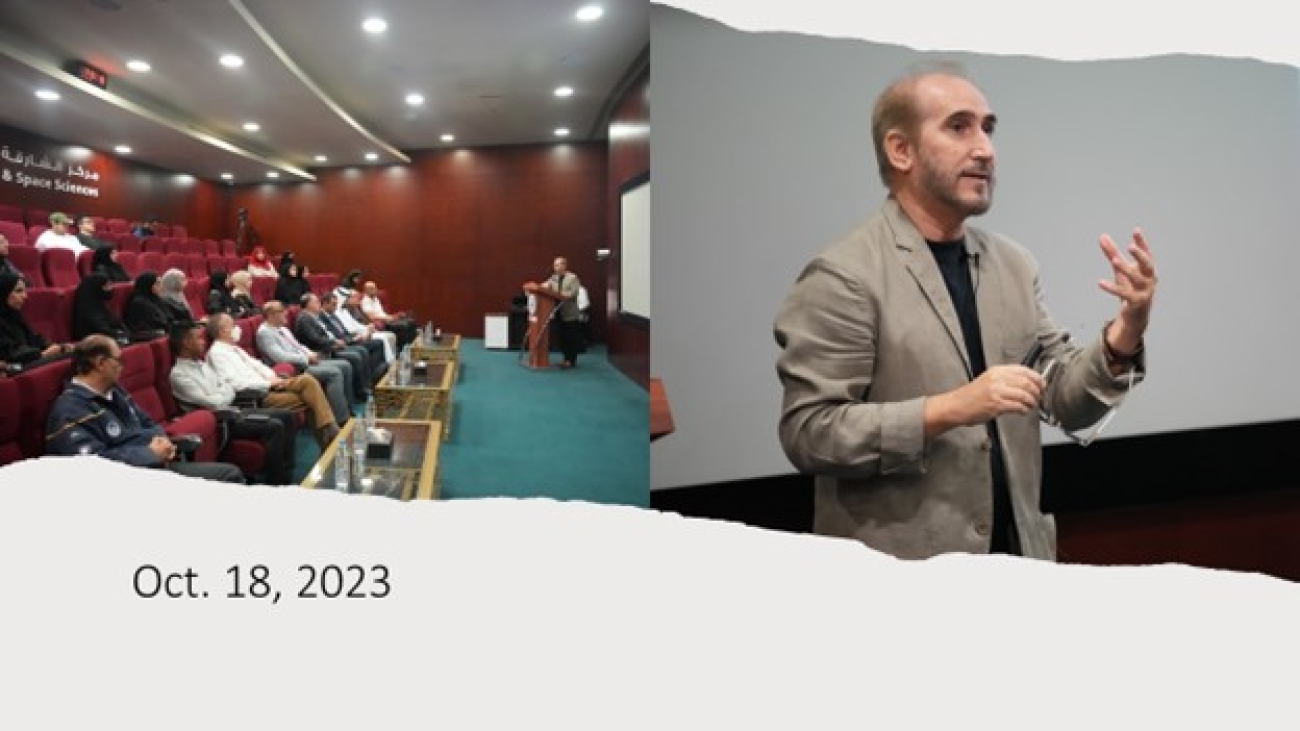Prof. Mashhad talked about the transmission of Islamic astronomical knowledge to Copernicus through the manuscripts of renowned Muslim astronomers such as Ibn Al-Shatir and Nasir al-Din al-Tusi. This has been a fascinating chapter in the history of scientific exchange. During the Middle Ages, Islamic scholars made significant astronomical advancements, developing mathematical models and instruments that greatly influenced the Western world. Copernicus, the pioneering figure behind the heliocentric model, is believed to have been exposed to these Islamic works, directly or indirectly, as his groundbreaking ideas emerged in the 16th century. These manuscripts contained invaluable information on celestial movements, trigonometry, and geometrical principles that formed the basis for Copernicus' revolutionary rethinking of the cosmos. The exchange of astronomical knowledge across cultural and geographical boundaries is a testament to science's universality and the collaborative nature of human progress.
Monday, 20 November 2023 10:28
A Lecture on the Transmission of Islamic Astronomical Knowledge to Copernicus By Prof. Mashhad Al-Allaf
The Sharjah Academy for Astronomy, Space Sciences, and Technology (SAASST), in collaboration with the Sharjah International Foundation for the History of Arab and Muslim Sciences (SIFHAMS), organized a talk by Prof. Mashhad Al-Allaf, a Professor of History and Philosophy of Sciences (American University of Ras Al Khaimah).
Published in
SAASST News
